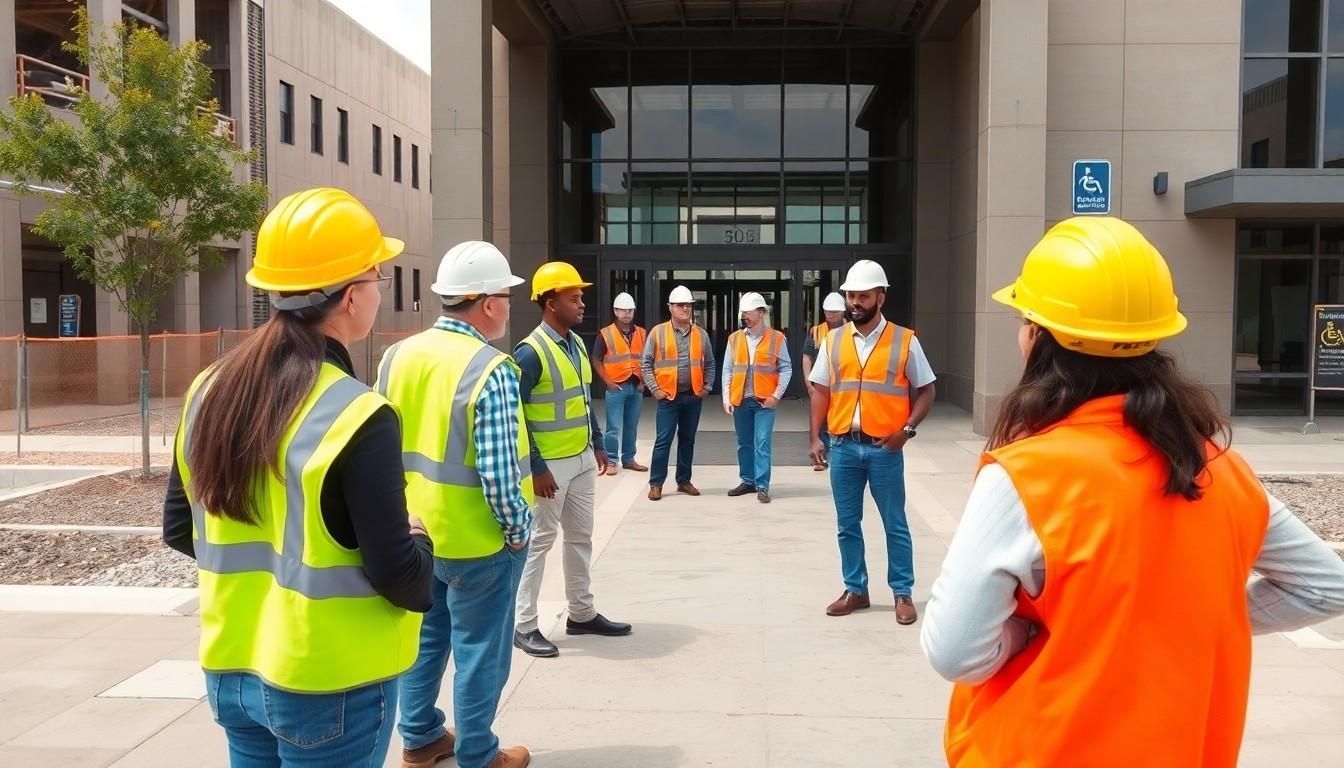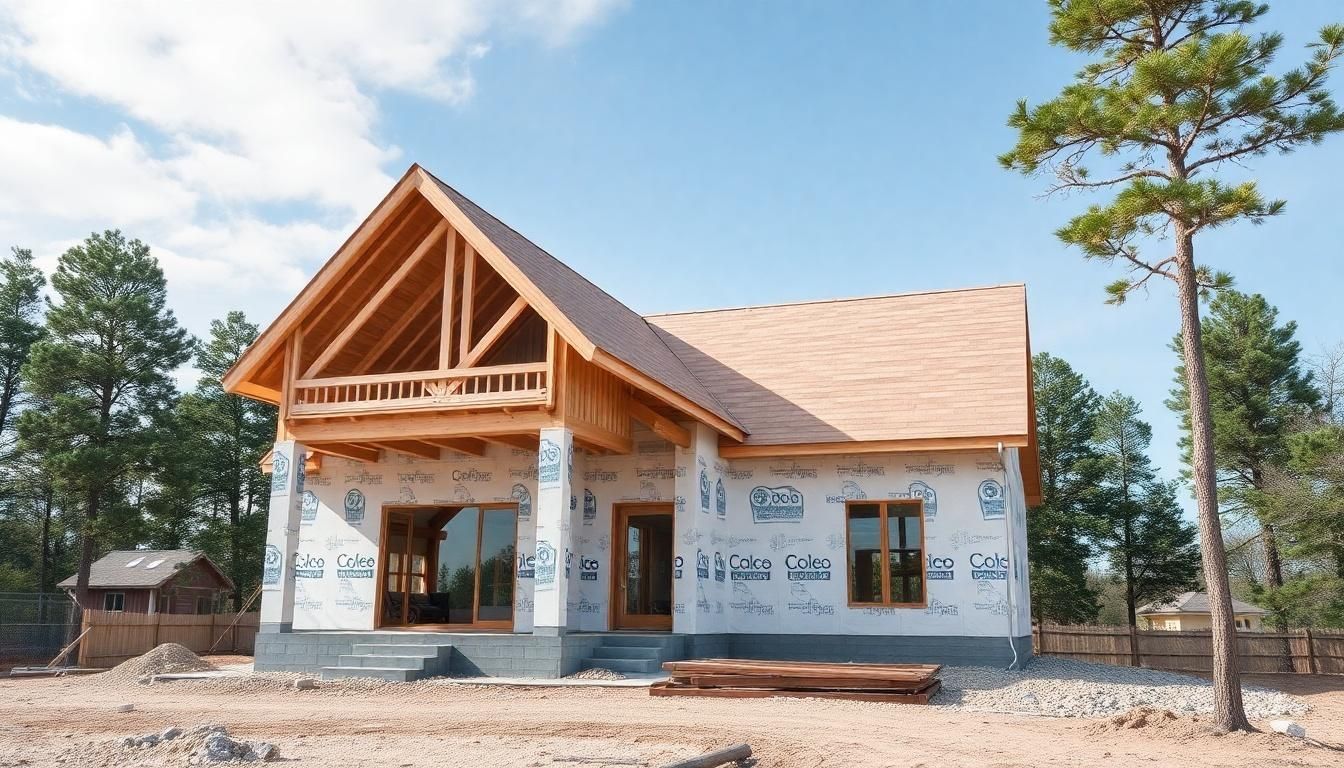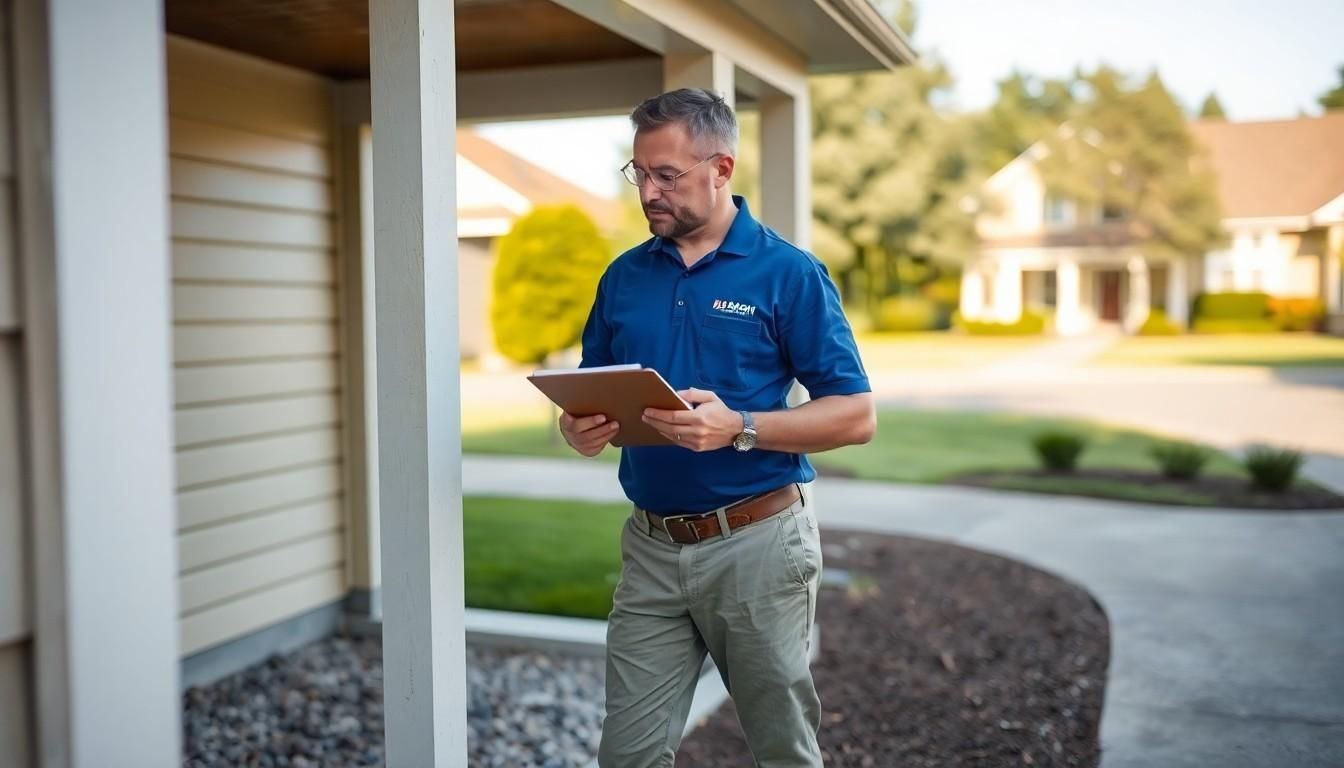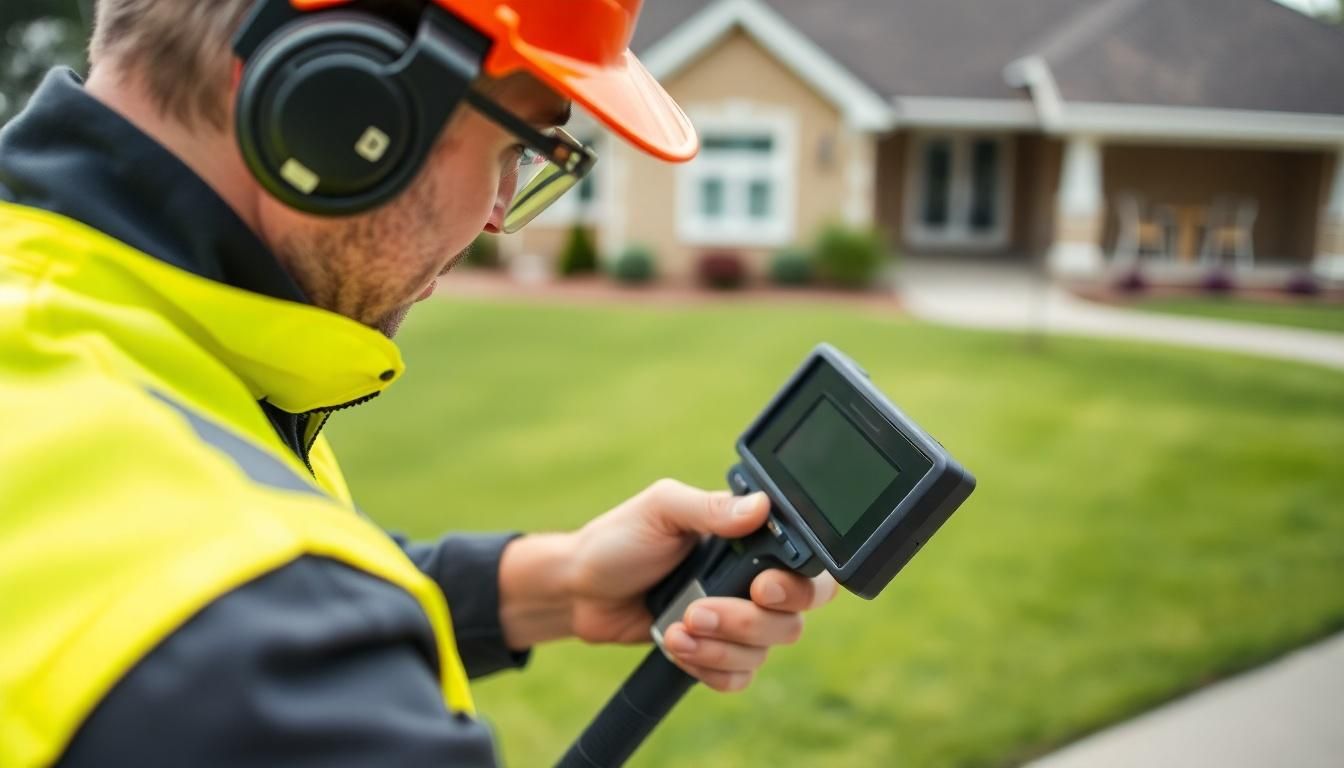Understanding TAS Requirements for Construction to Pass Inspections with Ease
Navigating the maze of Texas Accessibility Standards (TAS) requirements for construction can be a daunting task for many builders and homeowners. With regulations that demand strict adherence to accessibility guidelines, the pressure to ensure compliance can lead to frustration and confusion. Many projects over $50,000 require thorough evaluations and inspections, making it essential to understand the nuances of these standards.
Accurate Home and Commercial Services steps in to alleviate these concerns by providing guidance through the entire process. Our knowledgeable team ensures that every aspect of a project meets TAS requirements, allowing for smooth inspections and reducing the stress associated with compliance.
Overview of TAS Requirements for Construction
TAS requirements for construction in Texas ensure that all buildings offer accessibility for individuals with disabilities. All projects exceeding $50,000 require detailed evaluations and inspections in compliance with the Texas Accessibility Standards (TAS). The Texas Department of Licensing and Regulation (TDLR) administers these standards, emphasizing building design, construction, and renovation.
All construction plans must undergo a detailed review before any work begins. This review process confirms that accessibility features meet both TAS and Americans with Disabilities Act (ADA) guidelines. Features evaluated include door widths, ramp slopes, restroom specifications, and accessible pathways.
All registered projects also require inspections by a Registered Accessibility Specialist (RAS). A licensed RAS conducts these inspections, ensuring compliance with TAS before final approval. The goal of these audits is clear: create environments that provide equal access to all individuals.
All builders must maintain records of compliance to avoid potential legal issues. Maintaining accurate documentation not only satisfies state regulations but also serves as a vital asset during inspections.
Importance of TAS Requirements

TAS requirements play a crucial role in ensuring accessibility in construction projects across Texas. They focus on creating safe and inclusive environments for individuals with disabilities.
Safety Compliance
Safety compliance under TAS ensures that all buildings meet the necessary accessibility standards. TAS evaluations identify potential hazards and address them to minimize accidents. Structures should feature properly designed entrances and exits, compliant signage, and accessible pathways. Adhering to these requirements not only promotes safety but also fosters accountability among builders and property managers. Engaging a Registered Accessibility Specialist (RAS) ensures thorough inspections and compliance with safety regulations, safeguarding individuals' rights to accessible spaces.
Environmental Protection
Environmental protection is a key aspect of TAS requirements. Sustainable construction practices align with accessibility, supporting eco-friendly initiatives. TAS guidelines encourage the use of materials that meet health and safety standards, reducing environmental impacts. Builders can implement green building techniques while ensuring accessibility for all. Complying with TAS not only benefits individuals with disabilities but also advances broader environmental goals, creating healthier living and working spaces in Greater Houston.
Key Components of TAS Requirements
TAS requirements encompass several critical components to ensure accessibility in construction projects. These elements include design specifications and material standards, which guide builders in creating compliant structures.
Design Specifications
Design specifications under TAS include guidelines for entrances, exits, pathways, and restrooms. Accessible entrances must feature ramps with appropriate slopes and landing areas. Door widths should accommodate mobility devices, ensuring ease of access. Additionally, restrooms must provide adequate space for individuals with disabilities and include grab bars for support. Signage must be clear and well-placed, using high-contrast colors for visibility. Following these specifications promotes inclusivity and safety in all buildings.
Material Standards
Material standards under TAS emphasize durability and compliance with safety regulations. Accessible construction materials must provide stability and withstand daily use. Flooring materials should minimize slip hazards, while finishes must support the needs of individuals with varying abilities. Furnishings should be designed with accessibility in mind, ensuring everyone can navigate in comfort. Using approved materials ensures compliance with both TAS and ADA requirements, leading to a safer built environment.
Challenges in Meeting TAS Requirements
Challenges often arise when builders and property owners navigate Texas Accessibility Standards (TAS). These challenges can complicate construction projects, especially those exceeding $50,000, which necessitate rigorous compliance evaluations.
Common Compliance Issues
Compliance issues typically include insufficient accessible entrances, non-compliant signage, and inadequate turning spaces in restrooms. Builders may overlook clear pathways that accommodate mobility devices. Lack of consistent training among contractors regarding TAS standards can also lead to misunderstandings. These issues can cause delays, increase costs, and hinder project approvals.
Strategies for Improvement
Strategies for improvement focus on engaging experienced professionals familiar with TAS requirements. Builders should conduct thorough reviews of plans to ensure adherence to both TAS and ADA guidelines. Regular training for construction teams about accessibility standards provides additional support.
Utilizing checklists during inspections can also help identify potential compliance issues early in the process. Implementing these strategies fosters an inclusive environment and streamlines project completion, enhancing overall efficiency in construction.
Conclusion
Navigating TAS requirements is essential for creating accessible and safe environments. Builders and property managers must prioritize compliance to avoid legal issues and foster inclusivity. Engaging experienced professionals can streamline the process and ensure all aspects of TAS are met effectively.
As technology and sustainable practices evolve, the construction landscape will continue to adapt to better serve individuals with disabilities. By embracing these changes and focusing on accessibility, stakeholders can contribute to healthier communities and enhance the overall quality of life for everyone.
Frequently Asked Questions
What are Texas Accessibility Standards (TAS)?
TAS are regulations ensuring that buildings in Texas are accessible to individuals with disabilities. These standards provide design specifications and material guidelines for construction projects, particularly those over $50,000.
Who needs to comply with TAS?
Builders and property owners who undertake construction projects exceeding $50,000 must comply with TAS. Compliance ensures that all spaces are accessible and safe for individuals with disabilities.
What is a Registered Accessibility Specialist (RAS)?
A Registered Accessibility Specialist (RAS) is a professional responsible for inspecting construction projects to ensure compliance with TAS and the Americans with Disabilities Act (ADA) before final approval.
Why is engaging professionals important for TAS compliance?
Engaging knowledgeable professionals can help builders navigate TAS requirements effectively, facilitate smooth inspections, and prevent potential legal issues related to compliance.
What are some common compliance challenges builders face?
Builders often encounter issues like insufficient accessible entrances, non-compliant signage, and inadequate restroom turning spaces. Lack of training on TAS standards can exacerbate these problems.
Why are inspections by a Registered Accessibility Specialist required?
RAS inspections are vital for ensuring that construction projects comply with TAS and ADA guidelines, helping maintain safety and accessibility standards before final project approval.
Where can I find assistance with TAS inspections?
Accurate Home and Commercial Services offers expert guidance in navigating TAS requirements and ensuring compliance, providing support throughout the construction process.











